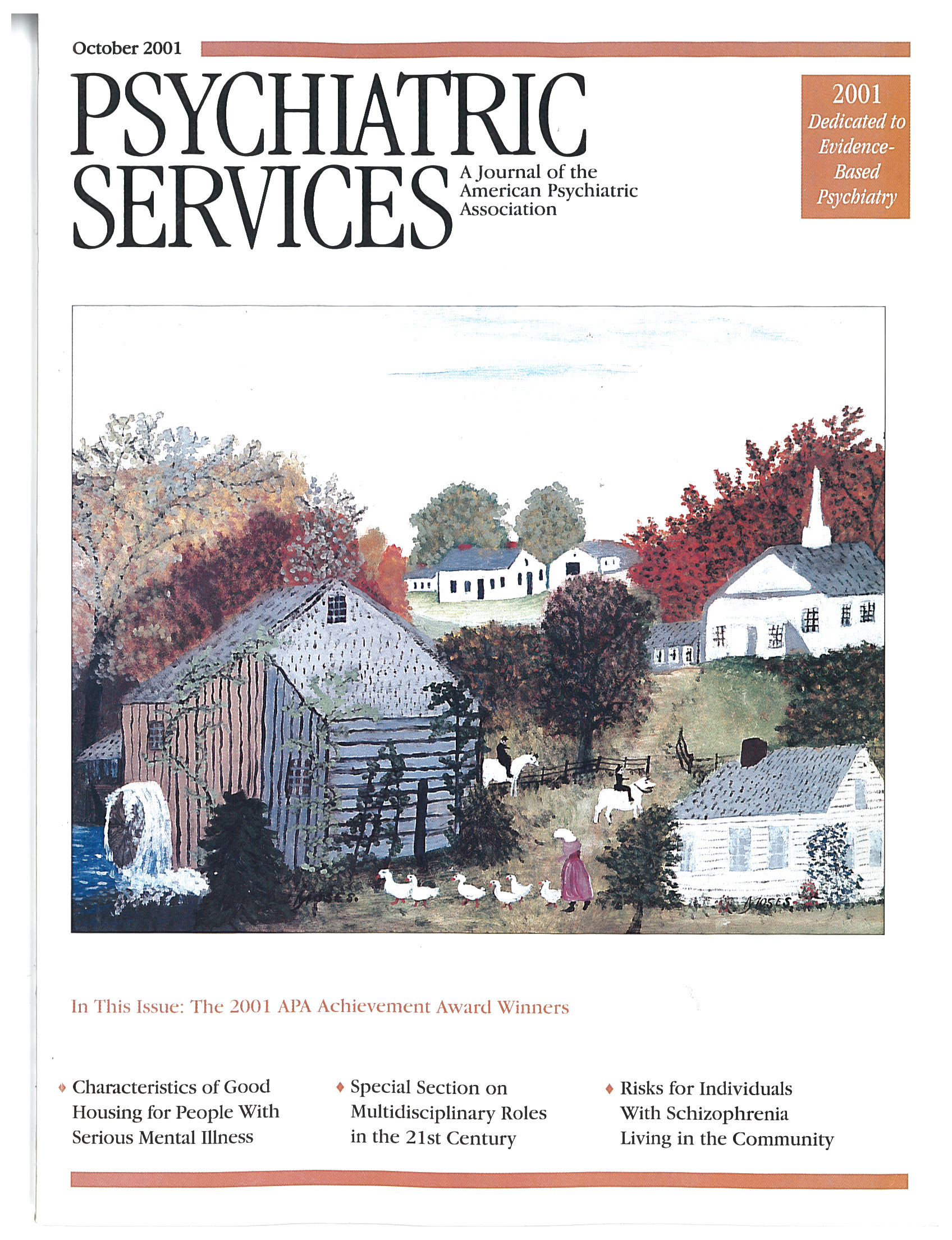Style is morality: morality detailed, configured, intensified," responds Martin Amis in a footnote to a rather dismissive review his father, Kingsley Amis, wrote of Vladimir Nabokov's Lolita. Alas, the issue of style proves to be one of the central challenges of Martin Amis' memoir, Experience. Writers tend to fall into two camps: those who so prefer style over substance that they insist that it is substance—or morality in Martin Amis' case—and those who prefer substance, moral or otherwise.
Experience recounts not only the author's relationship with his family, especially his famous novelist-poet-reviewer father, but also the tragic disappearance of his cousin Lucy, whose dismembered body was eventually discovered during the investigation of one of England's most notorious pedophiles. But above all, the memoir devotes a great many pages to a rather sore subject—chronic dental pain and disease.
In the novel The Information, Amis struck back at the press for criticizing him in print for spending so much money and time in America trying to rectify years of dental pain, periodontal disease, and a tumor in his lower jaw. Amis is unquestionably a martyr to his mouth. Anyone who enjoys vivid descriptions of dental surgery and suffering will surely want to follow the awful saga of mouth misery he recounts in Experience.
Besides teeth, much of the substance of Experience is formed by explications of the intense and sometimes perplexing relationships between parent and child, creativity and criticism, and internal struggle and external brilliance. Early in the book, Amis explains that he chose to write a memoir in order to commemorate his father. "He was a writer and I am a writer; it feels like a duty to describe our case—a literary curiosity which is also another instance of a father and a son." Well, yes and no. Kingsley, a celebrated writer, poet, and wit, was also an alcoholic who was often consumed by his own phobias. For starters, he could not bear to be left alone; hence, family closeness of one sort or another was inevitable.
When, at age 20, Martin started having panic attacks each time he entered the London subway, he worried that he was going to follow in his father's footsteps. However—and fortunately for young Martin—he was cured of his panic attacks after talking, in a pub, to a psychiatrist and close family friend who delivered the following sage advice: "Just remember that the worst thing that can happen to you is that you might make a fool of yourself."
Interspersed throughout the memoir are letters written by Martin to his father and his stepmother, the novelist Elizabeth Jane Howard. These letters illustrate the struggles of a young man studying for his entrance exams to Oxford, his coming of age, and the mixture of innocence and experience that characterized him at the time. Above all, however, they help define how Martin Amis began, through his writing, to form a style, a point of view, and a perspective of his own that were distinctly different in both personal and political viewpoint from his father's.

